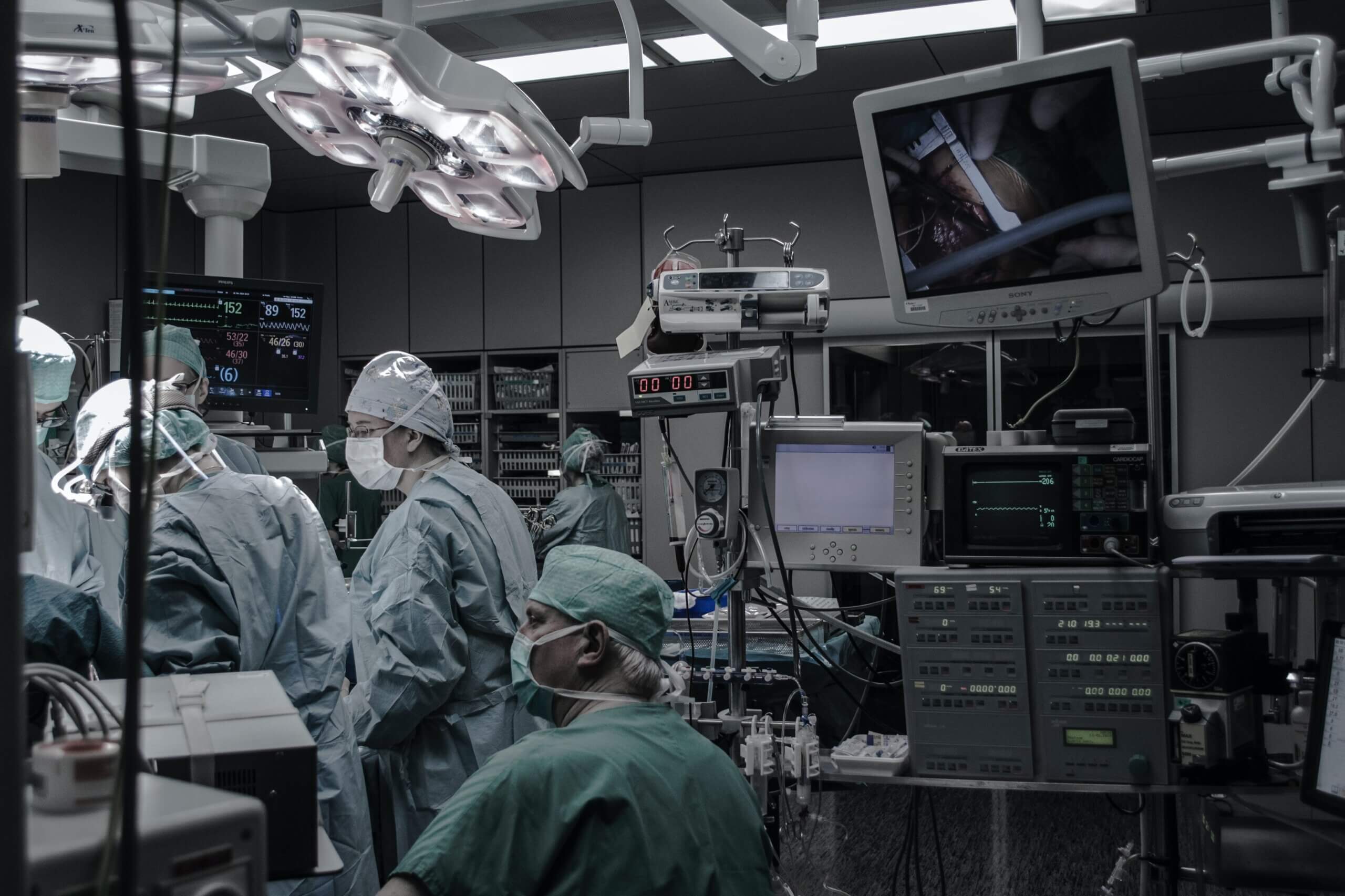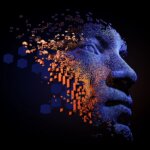Key Takeaways:
- A growing number of studies around the world show that healthcare is steadily evolving into a science based on the analysis of mass data, on detecting the signs that make it possible to know, evaluate and eventually treat a person’s health problems preventively.
- And on the other hand, the increasing availability of massive databases with genetic markers, either in private projects such as 23andMe, Ancestry.com, MyHeritage, etc.,
- Precisely on the basis of this large open-content database that has been created from volunteers who donate their genetic data in the United Kingdom in the interests of science, the most extensive genetic study in history has just been published in the journal Science, which makes it possible to characterize DNA profiles that end up leading to the development of tumors.
- We will probably see these types of tests and advanced analytics made availableto patients in private medicine before those in public systems, but we should not forget that the power of these systems is based precisely on the availability of massive data.
- This is a fundamental issue that could greatly advance the approach to healthcare in our country, empowering it with the possibilities that other countries are beginning to obtain, both in terms of the welfare of people and the cost to the taxpayer.
- Let’s not allow administrative problems make it difficult for us to do what technology already allows us to do.
A growing number of studies around the world show that healthcare is steadily evolving into a science based on the analysis of mass data, on detecting the signs that make it possible to know, evaluate and eventually treat a person’s health problems preventively.
This is a transformation that will fundamentally affect the development of science and the knowledge we have about the functioning of the human organism and the diseases that afflict it, while at the same time drastically reducing the cost and functioning of health systems.
Moreover, the shift from health systems that treat diseases after symptoms are detected to personalized ones based on monitoring and preventive analysisbefore symptoms have appeared is expected to be the main vector of change that decide countries’ competitiveness.
This change will be wrought by two disciplines: genetic analysis and advanced data analytics through machine learning.
These are sciences that have been progressing for a long time, from the first human genome sequencing project to obtaining a complete genome without gaps last month. And on the other hand, the increasing availability of massive databases with genetic markers, either in private projects such as 23andMe, Ancestry.com, MyHeritage, etc., or in other public and open access projects, such as the so-called 100,000 Genome Project, or Personal Genome Project, which has been operating for more than eight years in the United Kingdom and which offers increasingly interesting results.
Precisely on the basis of this large open-content database that has been created from volunteers who donate their genetic data in the United Kingdom in the interests of science, the most extensive genetic study in history has just been published in the journal Science, which makes it possible to characterize DNA profiles that end up leading to the development of tumors.
In a sense, we are managing to characterize the fingerprints that apparently healthy cells evolve to become cancerous, either through natural mechanisms such as the degradation of their own genetic material over time, or due to exposure to certain external agents.
Analytical tests are becoming increasingly available that can detect cancer early or even before it occurs, either through image analysis using machine learning, or through urine or blood analysis, with efficacy already evaluated and available to be offered on a massive scale.
All of which presents governments with a question: is it better to invest in creating health systems that wait to treat diseases in advanced stages, usually causing great suffering for the patient and at an extremely high cost, or to put resources into detecting disease and illness in the early stages, before the patient has even experienced the first symptoms?
When considering which countries can advance more rapidly in rolling out this revolution in healthcare, we must analyze not only the research capacity, but also the incentives for such deployment. Countries such as Spain, where I live, have advanced public healthcare systems and universal coverage, and therefore a greater incentive to detect early, as opposed to countries whose healthcare is mainly private.
We will probably see these types of tests and advanced analytics made availableto patients in private medicine before those in public systems, but we should not forget that the power of these systems is based precisely on the availability of massive data. And a public healthcare system that generates the right level of trust in its citizens could be the key to this, as well as being able to reduce costs.
In the case of Spain, we would be talking about how to ensure that the health systems run by the country’s largely devolved governments can to set up massive, centralized databases that enable analysis without compromising the privacy of the population, and instead making an invaluable contribution to science.
This is a fundamental issue that could greatly advance the approach to healthcare in our country, empowering it with the possibilities that other countries are beginning to obtain, both in terms of the welfare of people and the cost to the taxpayer.
The key, as ever, lies in understanding the change of variable: increasingly, it is a question of moving from a vision of health data full of obstacles, problems of confidentiality and protection at all costs, to one that, obviously without disregarding privacy, makes mass analysis possible.
Let’s not allow administrative problems make it difficult for us to do what technology already allows us to do. The sooner we understand this change, the sooner we will be able to consider improving something as critical and sensitive as healthcare in a fundamental way.





























